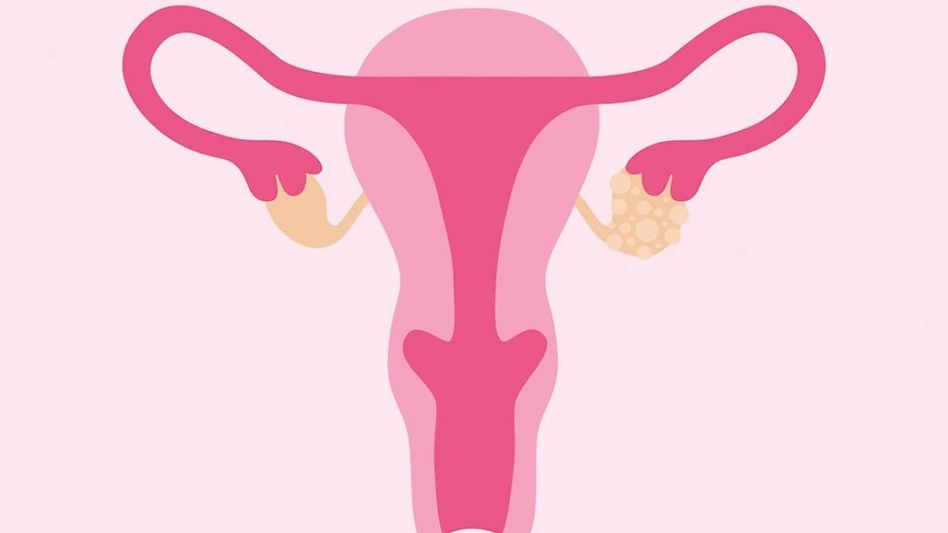How does PCOS affects your chances of pregnancy?
Polycystic ovary syndrome (PCOS) is a prevalent hormonal disorder impacting many women during their reproductive years. Often starting in adolescence, PCOS is marked by hormonal imbalances, irregular menstrual cycles, high estrogen levels, and ovarian cysts. Despite its commonality, the symptoms can vary and evolve, making it a challenging condition to manage and understand.

Polycystic ovary syndrome (PCOS) is a prevalent hormonal disorder impacting many women during their reproductive years. Often starting in adolescence, PCOS is marked by hormonal imbalances, irregular menstrual cycles, high estrogen levels, and ovarian cysts. Despite its commonality, the symptoms can vary and evolve, making it a challenging condition to manage and understand.
A significant myth surrounding PCOS is that it only affects overweight women, but this is not true—PCOS does not discriminate and can affect women of all shapes and sizes. Another misconception is that women with PCOS cannot get pregnant, but many women with this condition do conceive, sometimes with medical assistance.
While speaking with India Today NE, Dr. Purnima Singh, who has done her MD in Obstetrics and Gynecology from AIIMS Raipur and is currently working as a senior resident doctor in NEIGRIHMS, Shillong, highlights, “Most women discover that they have PCOS in their 20s and 30s, often when they encounter difficulties with conception and seek medical advice. However, PCOS can develop at any age after puberty. Patients often present with various issues such as irregular periods, weight gain, facial acne, excess facial hair, or infertility during their reproductive years.”
Talking about PCOS affecting pregnancy, Dr. Purnima Singh explained that having PCOS can make it more difficult to conceive due to hormonal imbalances, which interfere with ovulation—the process of egg growth and release from the ovaries. While PCOS is a common and treatable cause of infertility in women, managing it through diet, exercise, medications, and sometimes surgery can increase the chances of pregnancy.
PCOS can complicate pregnancy, requiring increased monitoring for both mother and baby. Dr. Purnima Singh highlighted the risks; she explained, “Babies born to mothers with PCOS face increased risks such as premature birth, being large for gestational age, miscarriage, and lower Apgar scores.”
The World Health Organization estimates that 70 per cent of individuals with PCOS (which affects 8–13% of reproductive-age women) remain undiagnosed globally. Raising awareness about PCOS is essential to ensure those affected are able to seek timely help. Although PCOS can be genetically inherited, environmental factors also play a significant role in increasing susceptibility. Enhancing knowledge about PCOS will improve diagnosis and support for those impacted.
Copyright©2026 Living Media India Limited. For reprint rights: Syndications Today









